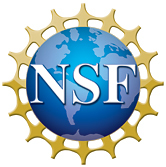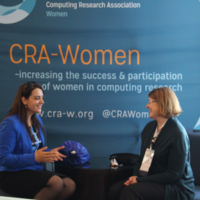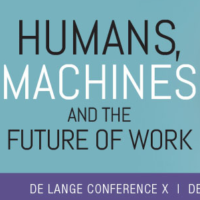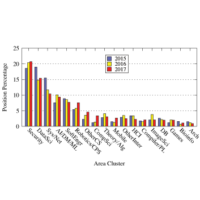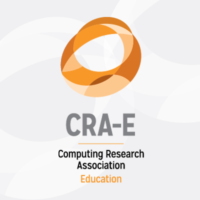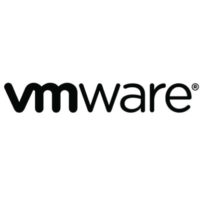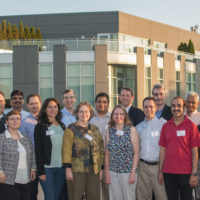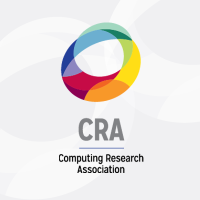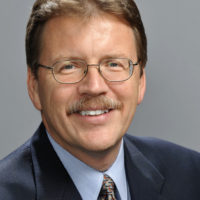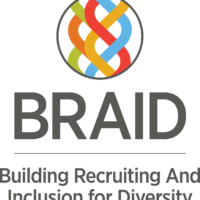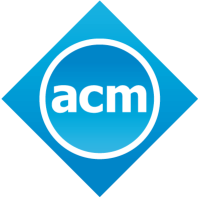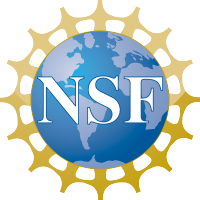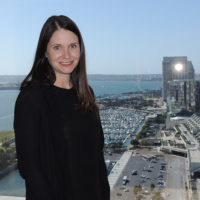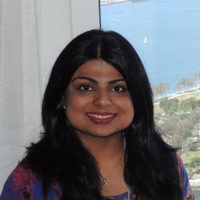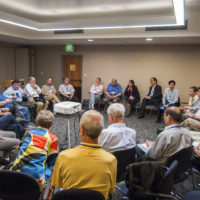The following is a contribution to the CRA Bulletin from Barbara Jewett, Managing Editor, NCSA Public Affairs.
Host sites are being sought for a hands-on Workflows Workshop scheduled for August 9-10, 2016. This multi-site workshop provides a convenient way for researchers to learn about the latest techniques and technologies related to workflows on high performance computing systems without having to travel long distances to attend.
The two-day hands-on workshop, sponsored by the Blue Waters Project, will be broadcast to simultaneous sites across the country. You can view the program at: https://sites.google.com/a/illinois.edu/workflows-workshop/home
Participants in the Workflows Workshop will learn about workflows from leading experts and test their new-found knowledge using Blue Waters and XSEDE computing systems.
The workshop will kickoff by exploring why one should use a workflow and then proceed to various well-known workflow tools, including Copernicus, Galaxy, Makeflow/WorkQueue, Pegasus, RADICAL Cybertools, and Swift.
Participating sites must be able to provide a facility capable of two-way high definition video (described in more detail at the above mentioned website). There should also be a technology assistant available during workshop hours to assist with local technical issues. An A/V system test will be scheduled prior to the workshop.
If your site would like to be a participating site for the Workflows Workshop, please indicate your interest at: http://go.illinois.edu/workflows. Questions can be directed to Scott Lathrop, lathrop@illinois.edu.
